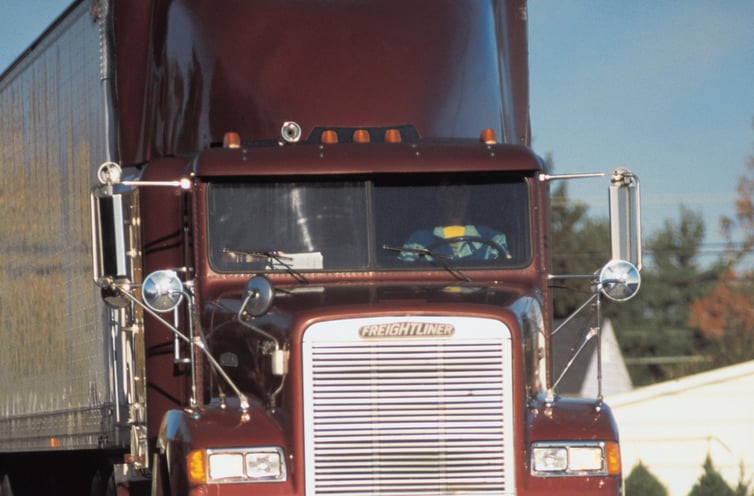
Motor carriers put a lot of faith in drivers. They are entrusted with very expensive equipment, valuable cargo, and customer trust. With all of this at stake, motor carriers cannot take driver hiring decisions lightly. Trusting word-of-mouth referrals or the accuracy of an applicant’s resume is not enough to gauge a driver’s qualifications. The best way to accurately determine an applicant’s abilities is to physically observe him or her in and around the truck with a road test. Road test observations, combined with the results of pre-employment investigations, better position motor carriers to make a well-informed hiring/leasing decision.
One of the key benefits of a road test is that it allows motor carriers to assess applicants in their work environment performing the job they will be performing if hired/leased. Whether drivers are asked to demonstrate a proper pre-trip inspection or back into a parking location, a road test gives motor carriers two keen insights: driver attitude and skill. Qualifying a driver to operate a commercial motor vehicle speaks to a driver’s experience and physical abilities as they relate to the skills required to perform the job. Road tests also allow the company to observe a driver’s safety attitude firsthand. That is especially important considering the amount of time drivers spend outside of direct supervision.
When developing a road test, consider the following questions:
Who will conduct the road test?
Selecting a person to conduct road tests is just as important as the test itself. This person should epitomize the company’s safety culture and be willing to provide a fair and objective evaluation of applicants. Ideally, this person should possess a valid commercial driver’s license (CDL) and have experience operating the equipment used for the evaluation. The reason for requiring licensure is so that if an applicant fails while out on the road, the road test conductor can drive the unit back to the terminal. It is also recommended the evaluator be an employee in good standing, possess a clean motor vehicle record (MVR), be well-versed in the road test curriculum and company safety policies, and exhibit other intangibles, such as attention to detail.
What will the road test consist of?
The road test should accurately reflect the knowledge, skills, and abilities a driver will need to meet the written job requirements. Great West Casualty Company provides insureds with a sample “Driver Performance Evaluation” form as a guide for road tests. Coupled with a pre-determined route, this form covers several examination areas including driving in traffic, critical crash prevention, pre-trip inspections, coupling, backing, and parking, which can provide an evaluator with an objective view of the driver’s abilities. Use of the form is voluntary. It can be downloaded from the insured portal (www.gwccnet.com) and includes a basic system for determining whether the driver passed or failed.
Once a written road test is developed, ensure it is administered consistently to all applicants and documented thoroughly. This can help protect the motor carrier from claims of negligence if the driver is ever involved in a crash. For more information on road tests, please contact your agent or Great West Safety Representative.
Call to Action
-
Establish a written road test evaluation program for all driver applicants.
-
Develop a written job description for drivers.
-
Create a train-the-trainer program whereby road test instructors are certified by the company to conduct road tests.
This material is intended to be a broad overview of the subject matter and is provided for informational purposes only. Great West Casualty Company does not provide legal advice to its insureds or other parties, nor does it advise insureds or other parties on employment-related issues, therefore the subject matter is not intended to serve as legal or employment advice for any issue(s) that may arise in the operations of its insureds or other parties. Legal advice should always be sought from legal counsel. Great West Casualty Company shall have neither liability nor responsibility to any person or entity with respect to any loss, action, or inaction alleged to be caused directly or indirectly as a result of the information contained herein.Reprinted with permission from Great West Casualty Company.

